Sitecore Experience Platform Reviews & Product Details
Sitecore Experience Platform is a cloud-based content management system built to help companies maintain customer relationships through personalized content development. It also helps users manage customer engagement data and facilitates easy content sharing. Sitecore Experience Platform comes with an AI auto-personalization feature, that automatically determines visitor trends and segment customers into groups.
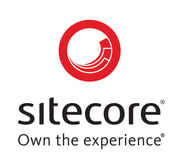

| Capabilities |
|
|---|---|
| Segment |
|
| Deployment | Cloud / SaaS / Web-Based, On-Premise Windows |
| Support | 24/7 (Live rep), Chat, Email/Help Desk, FAQs/Forum, Knowledge Base, Phone Support |
| Training | Documentation |
| Languages | English |
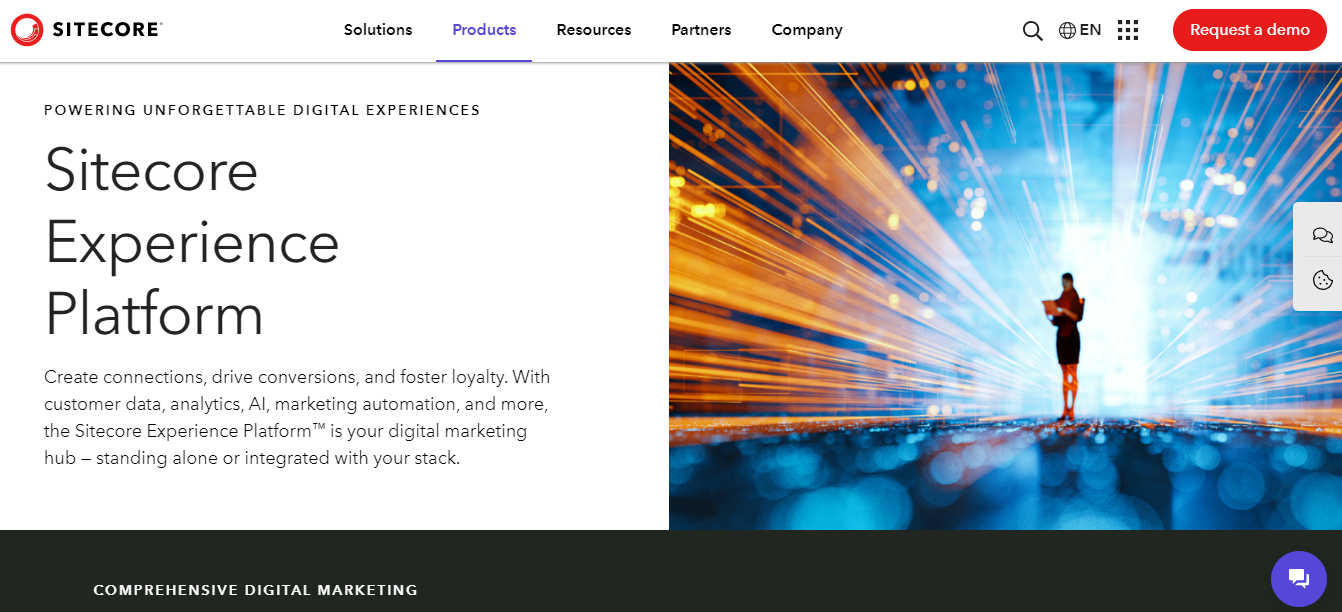
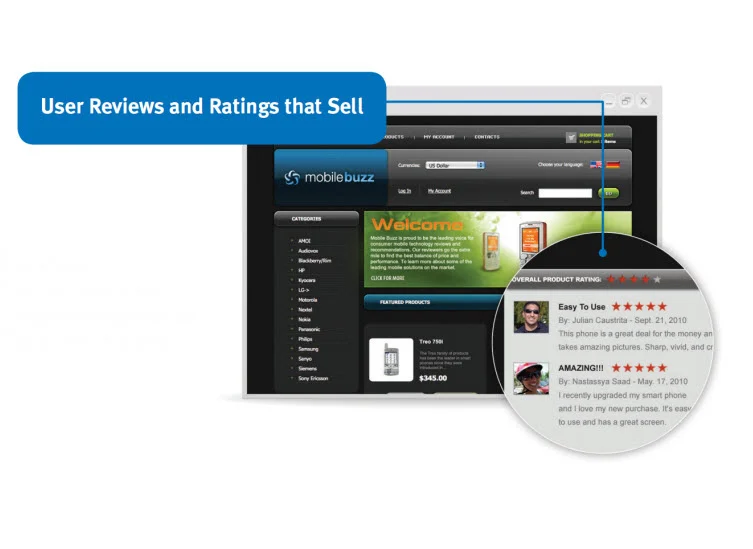
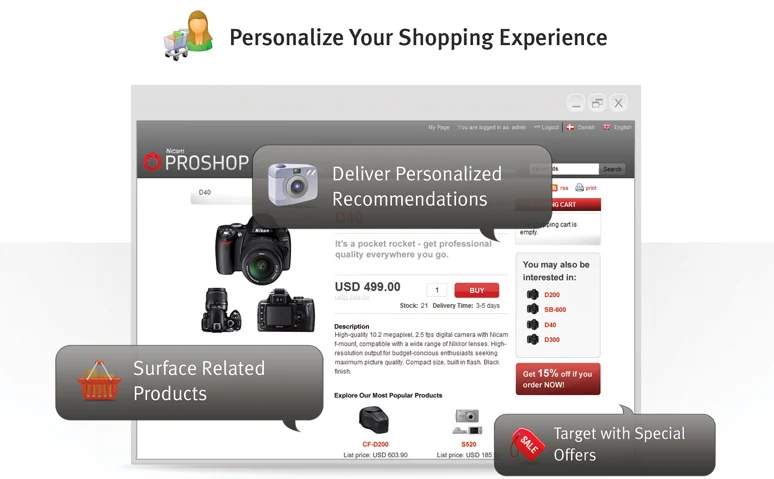
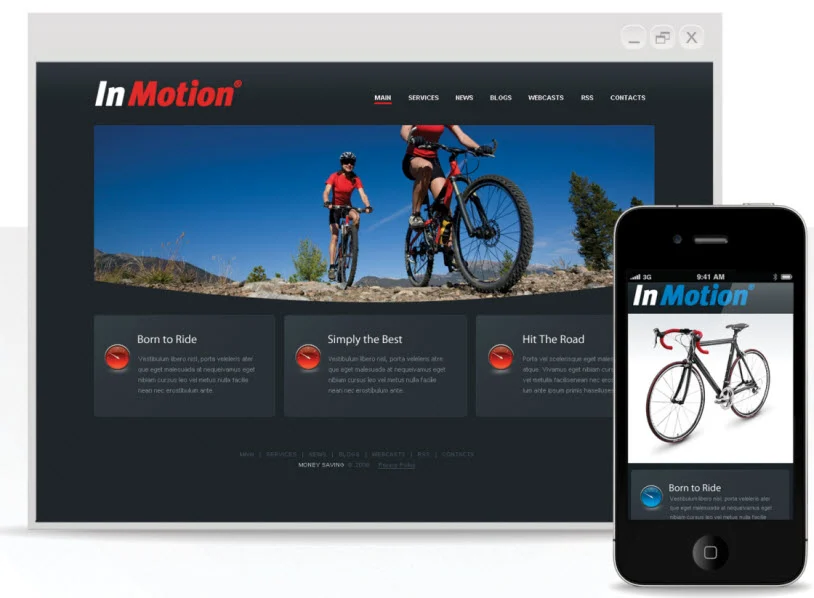

The platform is fully extensible, easy to create the modules\components that help drive that business value. Component architecture at an atomic level, allows Content Teams to fully build out pages and sections of the website with out the need to involve the development teams, whilst the inbuilt workflow maintains governance.
There is not much to dislike. I guess the installation can get a bit complicated depending on the topology.
Providing our content teams with the autonomy and governance to delivery the brand and drive business value.
We have multi-site and we are able to scale up multiple websites and reuse components. Making it very efficient.
The learning curve for non-Sitecore trained users can be challenging.
Conversions, streamlining, localization..
ease of authoring, we use a component library so most ui components don't need to be built
SOLR integration, we constantly struggle to keep the indexes in updating order
Web site production personalization
All the partners and integrator companies are just great. We work at high speed. And we see the results very fast.
We have had some challenges with SEO. How to optimize the articles cleverly?
We will get more organized content cross regions and markets. We will using language versioning.
I like how easy it is to handle the management of content, especially the multi-language support. When configured correctly, Sitecore is easy to work with for both developers and content managers.
Sitecore can be intimidating when you first start working with it. This is true for both developers and content editors. Sitecore can be a bit of a blank slate that requires you to design the code and content layout without much of a template to begin with. This gives it the flexibility to handle anything, but makes it hard to get right when first starting with it.
Sitecore has helped us solve our content management and delivery. This has helped speed up delivery of content changes to our customers and allowed for more time to focus on our core product.
Big fan of the sitecore experience accelerator. Freeing up developers from building routine modules to adding value in more advanced features or configuration.
Whilst sxa provides a nice streamlined way of building a page it does not tie into workflow very well with content authors having to potentially jump around to multiple content items for publishing restrictions.
Ensuring content of website is well maintained and that analytics can be easily performed and content personalised.
I like that once site modules have been used, they asset can then be used elsewhere on the site. This makes batch updates very efficient in some cases.
The user interface is a bit outdated. There’s also a bit of a learning curve.
It’s helping us update the website and part of our mobile app very easily.
We have just transformed over from an old platform the state of CT previously used and this one makes it so much easier to edit webpages!
It may just be our site as we were a lift and shift, but following the menus can be tough.
Updateding and managing website
Personalization, A/B Split Testing, Predictive Analytics, Email Automation, CRM, you name it Sitecore can deliver
It's like a box of legos. You have to build it first. There is alot of upfront development and setup required out of the box to make it useful and is easy to introduce mistakes if your developers have never worked with it before. (I recommend getting a consultant to deploy)
We are taking our marketing to the next level and getting a holistic view of the customer.
The HTML compatible features are easy to use.
How slow the software is, as well as how when publishing related items it backs up the entire server for more than two hours.
We use Sitecore to create custom content web pages in order for small business to rank better on Google and other search engines. Benefits of Sitecore include the ability to create custom pages from clients and be able to edit them on an as need basis over a period of time to slowing increase rank on search engines such as Google.
CMSs, in general, are great. It allows multiple people access to publish and edit a website.
I wish it came with beginner training for employees who need it.
We were updating the website via Dreamweaver using raw html with only one or two employees. Now, we have teams updating their own sections of the website using the CMS.
Sitecore is an easy-to-navigate content management system that meets the basic needs of an organization.
There are probably opportunities to make it easier to transport content seamlessly from existing documents.
Sitecore is the driving force behind our entire website, from product and resource pages to our vast blog network.
I love how, as a developer, I can tap into the system and override/change anything I need to. With how they use pipelines I can control every aspect of the CMS system I need to while leaving the rest to do what it already does best. I also love how the tool allows developers to be able to build a robust system for other teams or end users to use. If the system is built the right way, there is very little developer involvement after going live when new pages are needed. Obviously, new functionality will require developer involvement, but that has been very easy to implement. I also love the personalization that sitecore offers content teams to be able to personalize content for users. I have used a lot of CMS systems over my career and this one is by far the best.
The system is so complex that it can be very time consuming to learn how to do something with Sitecore. Thankfully, there are a lot of people out there who can and are willing to help because it's such a widely used tool. It's also very expensive so you need to present a very compelling case to convince upper management to pay for it.
We wanted a CMS system that would allow developers to build the initial platform and then be able to hand it off to a design/content team to manage the website afterwards with little to no developer involvement.
Ease of use compared to others, when evaluating it met the large list of functional requirements we had for our cms
The training/documentation is all online - great for convenience, but sometimes would be helpful to talk to someone, event management is an area we are looking to go outside the platform for.
Our website is a core component of our digital marketing strategy and client experience, we needed a tool to accomplish all current action and be scale-able for the future. Sitecore was the cms that allowed us those benefits
I like the basic functionality of the content management system and the ability to enable distributed authorship. I also like that as non IT people we have the ability to add videos and graphics without relying on our very busy IT department. we are also now leveraging more and more the experience manager and building engagement plans against 5 key personaes and this is where things are getting very exciting.
the challenge with new versions and upgrading your version has been tough. we recently did a batch version update and ended up with some really scary performance issues. we have ended up having to pay a digital agency to fix these for us as the site was in danger of collapse. It also does get expensive to always have to return to a vendor for new development work
we have a large number of website visitors who do not declare themselves outright. through the experience manager we can see that the personaes we have discovered are actually the right ones based on their content consumption. now we are developing "blog" posts written based on the psychology of the user and will soon watch if this works and we increase those interested in applying through this online lead cultivation. very interesting
It's robust and has led to stronger SEO for us. After a little catching on, it became easy to use from an authoring standpoint. Pretty good internal search, too, but you've got to remember the name of the file or where you tagged it.
Sometimes it's overwhelming, the number of fields you can use. Hard to remember what they all do. We didn't have auto-save for the longest time and finally had a developer add it. That was a frustration.
SEO, workflow, smoother site redesign (though you'd have to ask developers that one).
Lots of built-in features like image re-sizer and various ways to handle common problems. Once you get used to the way templates, layouts, and content gets created, making new pages becomes quite fast and simple.
High learning curve and a high barrier to entry. It's tough to use this platform unless you are working with a large enough company that leverages the platform. There are many features that "go to waste" because it can be hard to implement everything with time constraints.
The ability to create templated pages and content fields, and the hand off to non-technical content creators in marketing who can manage it going forward.
I like how user-friendly it is, especially for a novice content editor.
It's hard to customize components, based on creative concepts/design asks.
It has made building landing pages easier.
I like the experience editor view which makes it for content editors.
There are too many basic features that should have been implemented years ago that are not done. For example, there should be a prescribed way of doing 404 errors that works correctly. It bugs me that these kind of things are not just done.
The main thing Sitecore helps is with large scale structured content.
I like the confidence in the platform and the peace of mind it provides, particularly from a risk perspective.
I find that without regular development support it is difficult to create interesting and engaging webpages on par with something I'd see on less rigid cms platforms. Users often express disappointment at how inflexible the platform is in helping them achieve what they're looking to achieve.
We are driving a larger volume of qualified leads through our website than ever before which is great, the integration with Marketo is also a huge success in helping us to effectively sync this data into our other programs and report on success.














